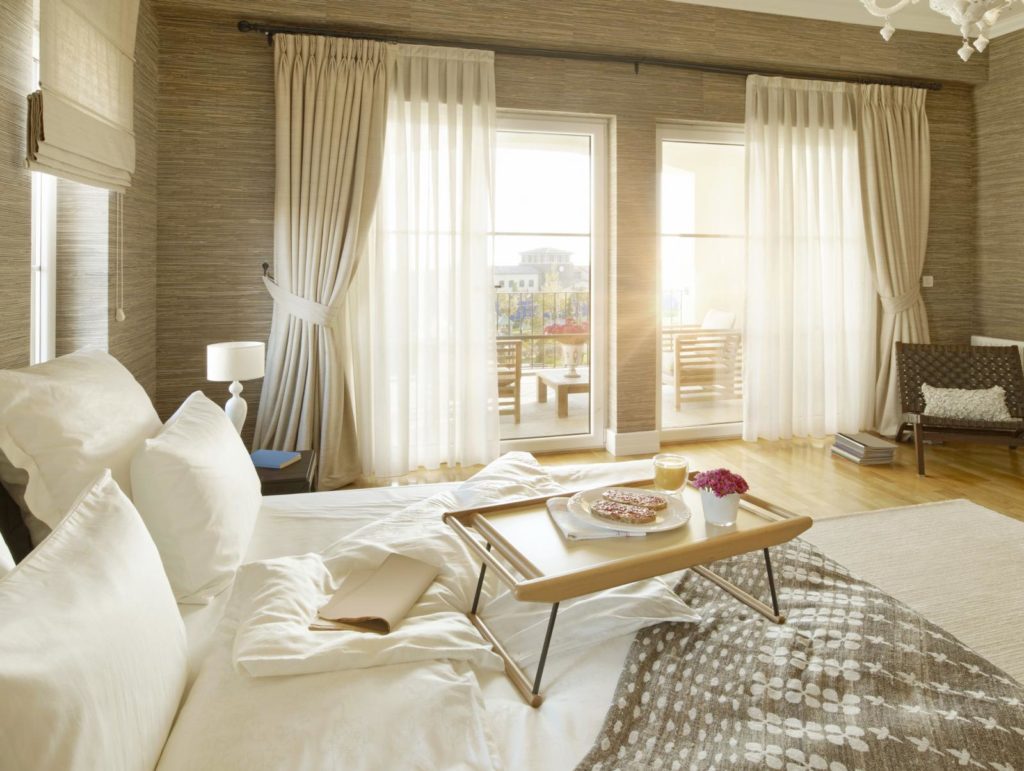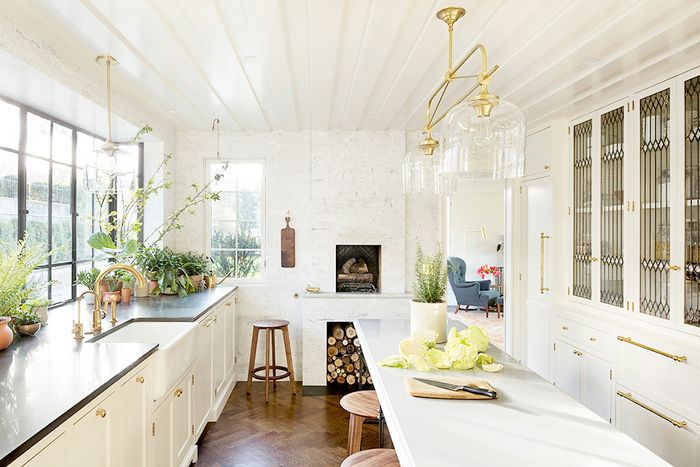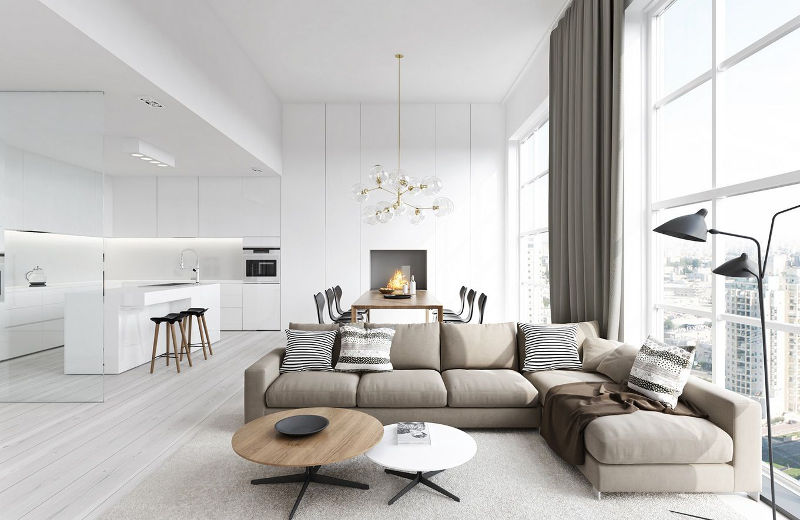You might have come across the term ‘feng shui’ a lot of times, and you might have been oblivious to the fact that ‘feng shui’ is a thing. Prominently famous in the Asian continent, ‘Feng Shui’ is an ancient Chinese philosophy that is about maintaining wellness and balance. It is believed that a house that has ‘feng shui’ maintains a good flow of positive energy. In the last few decades, ‘feng shui’ has been adopted by mostly everyone in the western world. Architects, interior designers, and homeowners are now keener to have homes and buildings that embrace the magic of ‘feng shui.’ So what is needed to create a harmonious space? Well, here we go!
Clutter-free your space – It might be old news to keep a clutter-free home, but it is vital to maintain a serene environment. Clutter creates stagnant chi energy and prevents life vitality from growing in your home. Just establish a few simple house rules that will ensure your initial feng shui efforts are on the right track. You can also keep a decluttering checklist that you can cross as you remove clutter from your home.

Define your home’s energy map – The Bagua or energy map of your home serves as a blueprint or a clear map as to what colors are used in specific rooms, what images are the best in your home, and how to position each furniture for the best flow energy. It is important that you have a knowledge of Bagua in order to create a successful feng shui decoration. Alert to remember always
Use colors and elements in all rooms – Selecting the color and element for each room should be based on compass direction. Each compass direction has several assigned colors, and one element and incorporating these into any room designs is how you create a harmonious room. One exception is the use of water elements in bedrooms as it is not recommended to place water in a bedroom.

Focus on your master bedroom – The master bedroom should be a retreat and start by using bedroom colors assigned to each compass direction. Add some of the right elements for the compass direction to boost the chi energy. Don’t overpower the room by adding too much of the component. Creating a balanced design is the key to a successful feng shui design.
Pay attention to your kitchen location and designs – Your kitchen is the yang room, and it is not always a serene setting since it is filled with fire and activity. The right way to include your kitchen in your home is through organization and layout.

Harmonize your living room – The most important place in any house is the living room, where everyone gathers to spend time together to relax. To achieve this goal, you can do these few things:
- Furniture placement is a vital part of a feng shui layout of any room.
- Do not place furniture in natural pathways between doors.
- Always place the sofa against a solid wall.
- Be sure to allow enough space between each furniture for chi energy to move through the room.
Centralize your dining room – It is important that you make your dining room the center of your home as it is the place where there are more wealth and abundance of a family. Add these few things to create a flow with the rest of your house design to ensure a sense of comfort and calmness.
- You can place a wall mirror, so it reflects the table and the food, it is believed that your fortune is doubled. There is also a feeling of satisfaction and abundance.
- Do not have your dining room near the front door as it sets an uneasy feeling that will cause your fortune to slip away and cause stress slowly.
- Remember to always keep the dining room and the kitchen on the same level.
- If your dining room is located in the southeast or north, then place a water feature in the garden as it offers a tranquil view. Make sure that the water flows toward the house!
If you do not have enough space to have separate space for eating, then designate one in your home, it can be either the kitchen or living room.
Start by creating the ideal home office work environment – Another important room for a feng shui home design is the home office. Create a restive work environment with a few feng shui additions and the ideal office layout. Do consider feng shui when designing your business office, as well.
Focus on the front entrance and exterior of the house – As much as the interior of your home is essential, the exterior also requires much attention, especially when it comes to feng shui. You can give your home exterior a stunning curb appeal. An aesthetic gives a peaceful effect and invites you to enjoy the beauty and serenity that only nature can provide. Some of the aesthetics include:
- Create a private garden space or a meditation space.
- Always keep the entrance clutter-free.
- Sweep the walkways regularly.
- Remember to maintain and manicure your yard and shrubbery.
- Gather and keep all your tools in the gardener’s cabin.
Now you know what to do to create the perfect feng shui home!


